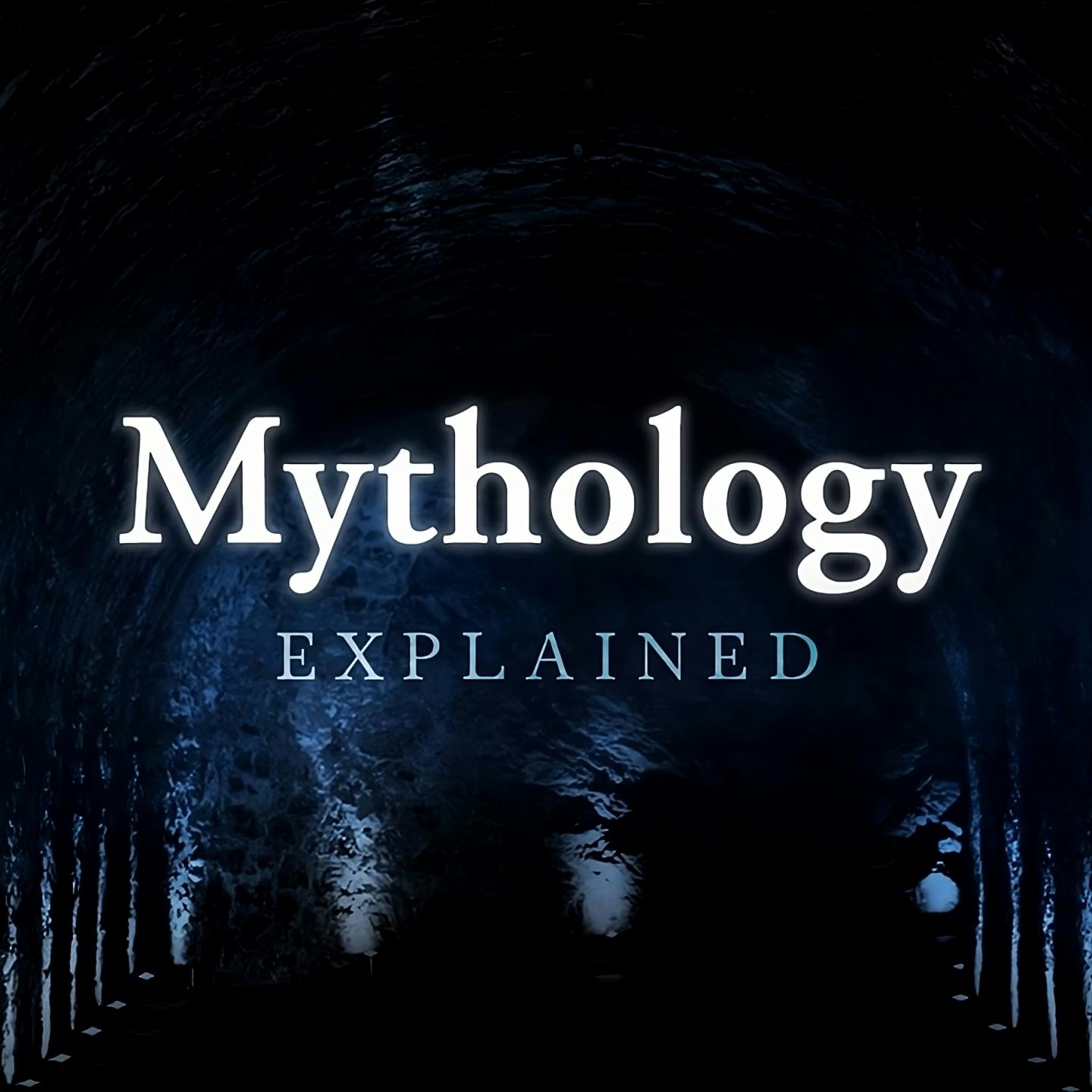
Shownotes Transcript
Hey everyone, welcome to Mythology Explained. In today's video, we're going to discuss an interesting question: just how many angels, exactly, betrayed God, were cast out of heaven, and became demons. We're going to begin by looking at an earlier iteration of the Devil, one that portrays him as an instrument of God used to test humanity, not as the ruler of hell and king of demon kind; this will take us into the Book of Job, which demonstrates how the Devil was used in that capacity and wasn't always viewed as a fallen figure. Then, we're going to look at the Book of Revelation, which describes the fall of the angels, and finally, we're going to dive into the various theories that quantify the angel population and detail the proportion of them that fall from heaven and become demons; one hypothesis postulates there to be 133,306,668.Let's get into it. Satan, also known as Beelzebub, the Devil, Iblis, Mephistopheles, Lucifer, and numerous other infamous names and titles, wasn't always viewed through the same lens we use in contemporary times - which is to say perceiving him as the great defiler, the nemesis of God, the bane of man, the corruptor of hearts, the fallen one, the leader of Hell's hordes, the lord of infernal fire, and so on and so forth.In fact, the notion of fallen angels is entirely absent from the Old testament, which means accounts pertaining to the number of angels who forsook Heaven, replacing its light with the darkness of Hell, didn't exist until the advent of yet later works, like the New Testament and the Book of Enoch. But before we move our focus to that, Let's spend a little time looking at what could be called Satan's antecedent, which is the earlier conceptualization of him that's included in the Old Testament.In Hebrew, satan means adversary, and Satan, as an epithet for the Devil, is actually a truncated version of ha-satan, meaning the adversary, which, as originally conceived, referred to a post held or duty performed by an angel that served God, one unfallen. This angel, as directed by God, would oppose mankind, bringing strife and suffering to test resolve, to see if, even in the face of unbearable circumstances, people would keep their faith and remain true to God.
